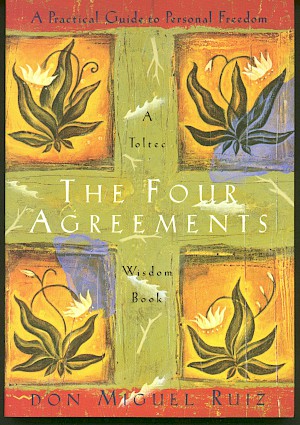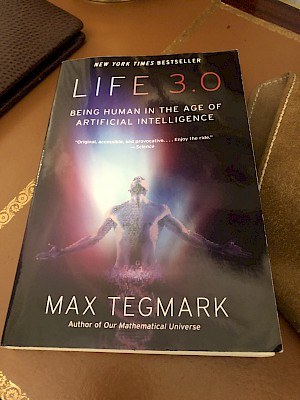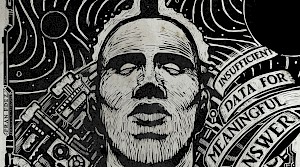Nothing New Under the Sun
January 27, 2020Ecclesiastes 1:9
“What has been will be again,
what has been done will be done again;
there is nothing new under the sun.”
I love that quote. I once wrote a song with that title.
These were the words of King Solomon, some 3000 years ago. He was opining on the lives of men as a continuous repetition of the same basic patterns, and for himself searching for a more hopeful way of life.
In the first part of the second millennium, that what is observable under the sun here on earth hasn’t changed much. For mankind, its Groundhog Day every century or so. The same patterns, same mistakes and same endless suffering. We truly never learn.
I am a history buff and have always believed that if one knows history, one can pretty much predict the future. This knowledge is very useful in understanding finance, the economy and markets. More importantly though, it gives us hints on how to avoid serious issues such as social unrest and geopolitical conflicts.
My favourite period in history (to the point of obsession) is the Roman Empire. I have read many books and watched numerous documentaries. Movies about the Roman Empire have always been top of my list, from Stanley Kubrick’s “Spartacus” to HBO’s series, “Rome” and of course the best one of all, Ridley Scott’s “Gladiator”.
The Romans were ruthless conquerors, to be sure. Julius Caesar and Nero alone were responsible for one million deaths each in Gaul and Judea. But the Roman civilization also achieved many great things in science, law, engineering and the arts . The dichotomy between their ruthlessness and contribution to mankind was depicted brilliantly and hilariously in a scene from Monty Python’s parody, “The Life of Brian”.
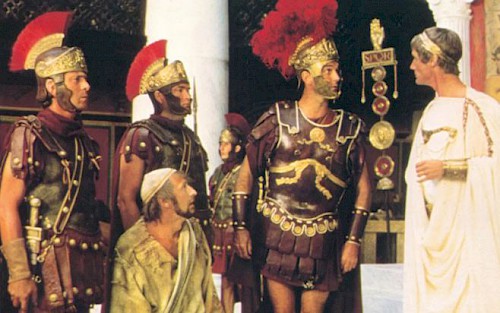 In this scene, the "People's Front of Judea" are meeting to discuss kidnapping Pontius Pilate’s wife and when the leader Reg asks, “what have the Romans ever done for us?”, the group starts listing all the benefits of Roman occupation. In the end Reg asks, “All right, but apart from the sanitation, the medicine, education, wine, public order, irrigation, roads, a fresh water system and public health, what have the Romans ever done for us?”
In this scene, the "People's Front of Judea" are meeting to discuss kidnapping Pontius Pilate’s wife and when the leader Reg asks, “what have the Romans ever done for us?”, the group starts listing all the benefits of Roman occupation. In the end Reg asks, “All right, but apart from the sanitation, the medicine, education, wine, public order, irrigation, roads, a fresh water system and public health, what have the Romans ever done for us?”
As great as it was, the Roman Empire fell into chaos and eventually collapsed. The reasons for its failure are well documented, but worth a mention.
Constant wars and overspending to maintain a large military presence had significantly lightened imperial coffers, and oppressive taxation and inflation had widened the gap between rich and poor. Military spending left few resources for other vital activities, such as providing public housing and maintaining quality roads and aqueducts. Rome went into a long period of literal decay. The Roman Senate suffered from political rot and it failed to temper the excesses of the emperors due to its own widespread corruption and incompetence. Most seats of power were purchased and there was constant buying off of people for votes. As the situation worsened, civic pride floundered and many Roman citizens lost trust in their leadership.
Sound familiar?
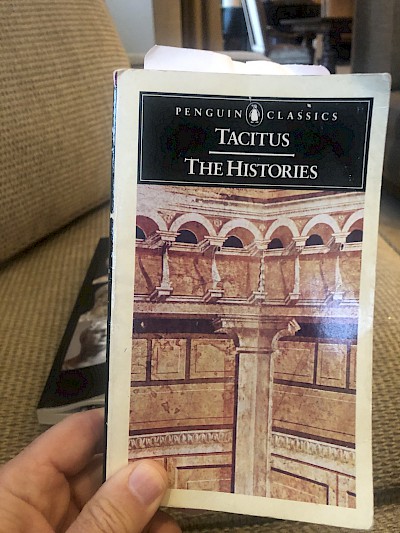 I revisited two great books recently. “The 12 Caesars” by Suetonius and “ Histories” by Tacitus. What makes these books fascinating is that both authors were first century AD historians. They were there witnessing events unfold. To hear their description of events in their own words is fascinating for the simple fact that much of what they wrote could be said today. It puts an emphasis on the point that, well, not much has changed.
I revisited two great books recently. “The 12 Caesars” by Suetonius and “ Histories” by Tacitus. What makes these books fascinating is that both authors were first century AD historians. They were there witnessing events unfold. To hear their description of events in their own words is fascinating for the simple fact that much of what they wrote could be said today. It puts an emphasis on the point that, well, not much has changed.
Allow me to provide a few quotes and their context from these books to give you a sense of what I mean. Suetonius on the general political climate leading up to the end of the republic:
“Nothing is more unpredictable than the mob, nothing more obscure than public opinion, nothing more deceptive than the whole political system.”
Suetonius on Julius Caesar bringing an end to the republic and the irrelevance of a constitution without the courage to defend it:
“So sudden a transition from prosperity to the ruin of public freedom, without the intervention of any foreign enemy, excites a reasonable conjecture, that the constitution in which it could take place, however vigorous in appearance, must have lost that soundness of political health which had enabled it to endure through so many ages.”
Tacitus on man’s character once Rome’s supremacy was achieved:
“The old ingrained human passion for power matured and burst into prominence with the growth of the empire. With straiter resources equality was easily preserved. But when once we had brought the world to our feet and exterminated every rival state or king, we were left free to covet power without fear of interruption.”
Tacitus on the failure of a nation’s people to speak up against injustice and corruption:
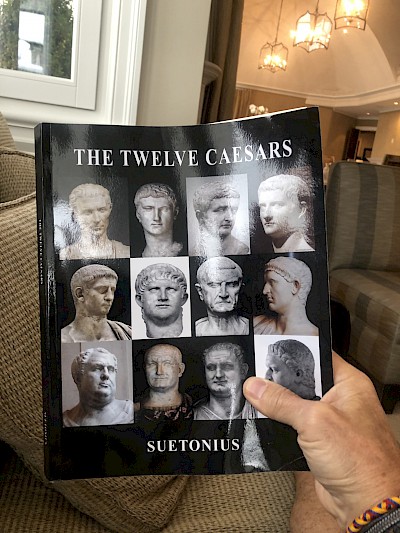 “A shocking crime was committed on the unscrupulous initiative of few individuals, with the blessing of more, and amid the passive acquiescence of all.”
“A shocking crime was committed on the unscrupulous initiative of few individuals, with the blessing of more, and amid the passive acquiescence of all.”
Tacitus on Emperor Galba’s disastrous reign:
“When [Servius Galba] was a commoner he seemed too big for his station, and had he never been emperor, no one would have doubted his ability to reign.”
Tacitus on the end of classical historians and the dawn of sycophant reporting of events:
“Truth, too, suffered, in more ways than one.”
Tacitus on how power begets hunger for more power:
"From time immemorial, man has had an instinctive love of power... With the growth of our empire, this instinct has become a dominant and uncontrollable force. It was easy to maintain equality when Rome was weak. Worldwide conquest and the destruction of all rival communities or potentates opened the way to the secure enjoyment of wealth and an overriding appetite for it.”
Suetonius on Julius Caesar rewarding loyalty, regardless where it came from:
"Had I been assisted by robbers and cut-throats in the defence of my honour, I should have made them the same recompense.”
And lastly, I leave you with Suetonius on the need for a moral civic society as the ultimate defender of a society:
“In every government, an object of the last importance to the peace and welfare of society is the morals of the people .”
Yup, some things never change.





